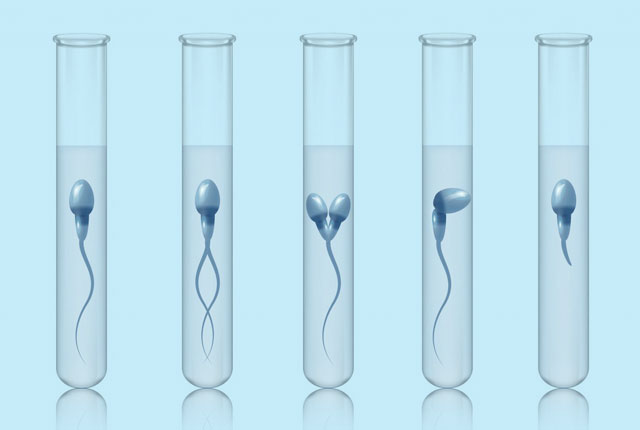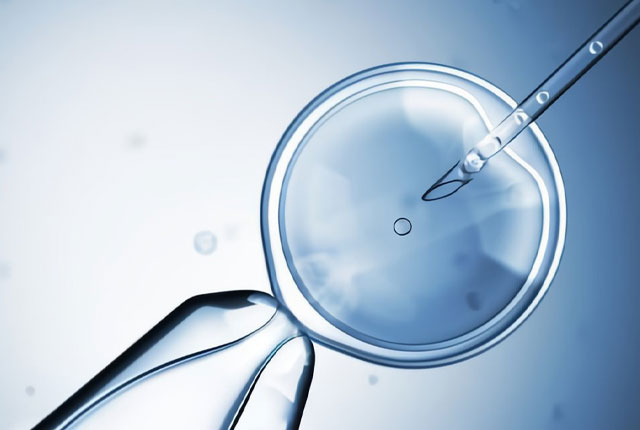

The sperm aneuploidy test is a useful tool that is used to evaluate the percentage of spermatozoa with numerical chromosome error in a sperm sample. At First Genomix, aneuploidy is evaluated using fluorescent in situ hybridization (FISH); a cytogenetic assay that estimates the frequencies of chromosomal abnormalities. The FISH assay generally analyzes chromosomes that are associated with aneuploidies compatible with life, such as 13, 18, 21, X, and Y.

Sperm aneuploidy indicates the presence of an abnormal number of chromosomes in sperm. Numerical errors in sperm chromosomes need to be evaluated when assessing male infertility as they are associated with higher rates of recurrent pregnancy failure and may also have a negative impact on the outcomes of assisted reproductive technologies (ART).

The Sperm Aneuploidy Test is offered in cases where male infertility is the main cause behind the failure to conceive. The test is commonly requested when there is a presentation of abnormal sperm parameters (in terms of sperm morphology). It is also recommended to couples who have experienced

The test detects and reports any numerical errors in chromosomes 13, 18, 21, X, and Y that are commonly associated with repeated pregnancy loss and children born with chromosomal abnormalities. The results of Sperm Aneuploidy Test help infertility specialists to make better-informed decisions regarding the right fertility care for couples.

A sperm aneuploidy test result will show the percentage of aneuploid sperm, reported by chromosome, for chromosomes 13, 18, 21, X, and Y, along with the percentage of diploid sperm within the sample (sperm containing double the expected amount of genetic material).

Couples who receive an abnormal Sperm Aneuploidy Test result are advised to seek genetic counseling to explore different fertility options, depending on their case. Preimplantation Genetic Testing for Aneuploidy (PGT-A) is normally recommended during an IVF procedure to detect chromosomal aneuploidy in embryos. This process can help a couple in selecting a chromosomally normal embryo for transfer into the uterus, which, in turn, will increase the chances of a viable pregnancy.